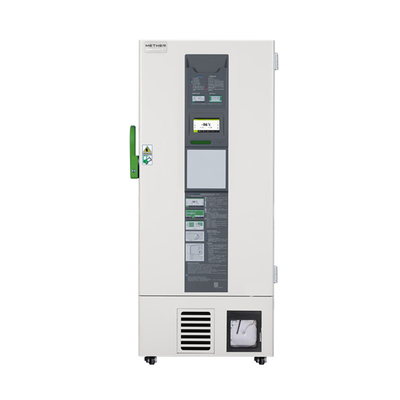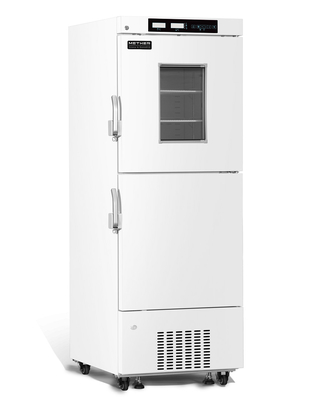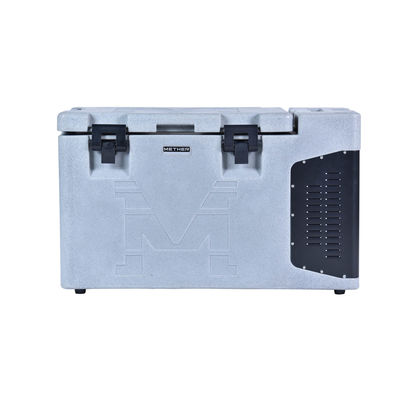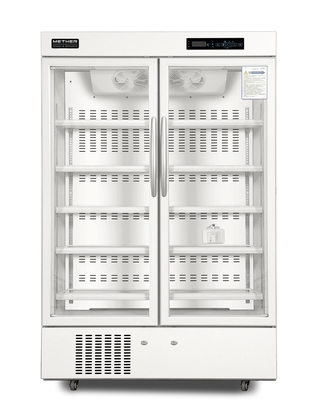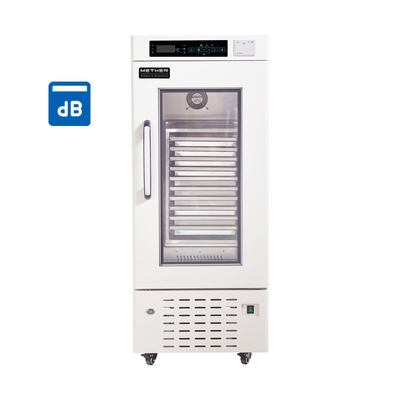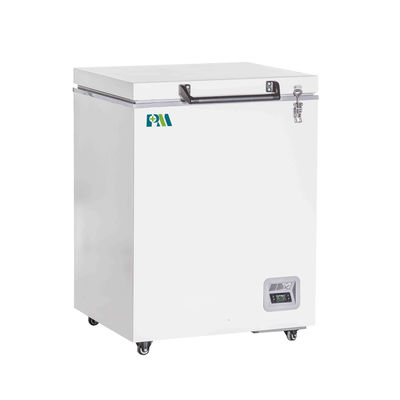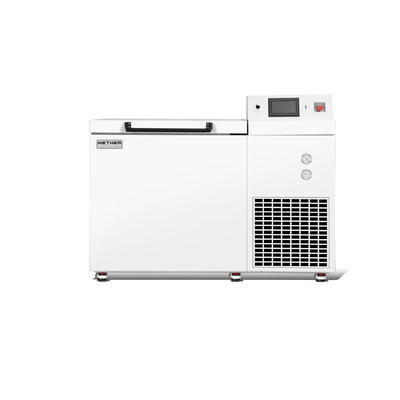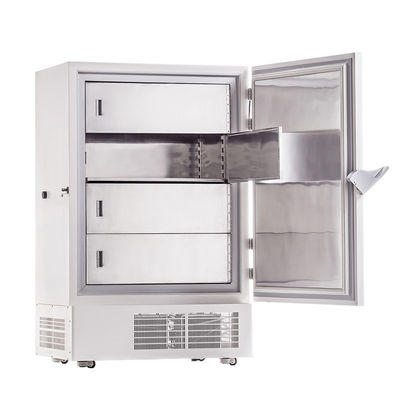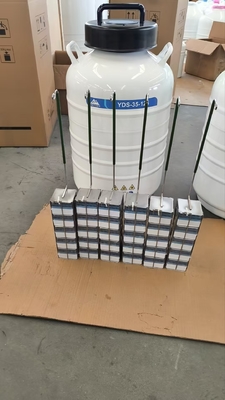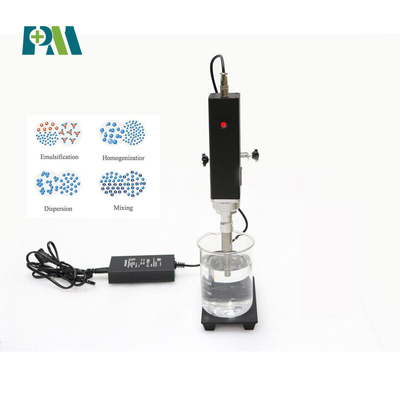When it comes to refrigeration, every facility has its own unique storage needs. Research laboratories may need to hold critical biological samples at a steady temperature or risk compromising a timely study, while some medical clinics may just need to keep ice packs on hand for patients with muscle pain.
Navigating the industry of scientific, medical, and laboratory refrigeration can be a daunting task. For many, the temptation to just purchase an inexpensive "dorm fridge" off the floor of a chain store is an easy solution. That decision, however, can be extremely dangerous and ultimately, far more expensive than investing in a quality equipment specifically engineered for the scientific industry’s storage needs. Temperature fluctuation can destroy the effectiveness of vaccines, meaning that a $199 dormitory refrigerator now has a much higher cost when you consider the expenses of the potentially life-saving materials being stored.
All-Refrigerator, All-Freezer, Or Refrigerator-Freezer?
One of the key differences in medical or laboratory refrigeration and household refrigeration comes down to the freezer. While most residential refrigerators include a freezer compartment, the CDC strongly discourages the use of combination refrigerator-freezers for any kind of vaccine storage. The same applies to any sort of laboratory refrigeration needs.
Refrigerator-freezers, whether they are full-sized frost-free units or compact dorm style models, are not designed with an eye towards temperature stability. In studies conducted by the Medical Device Specialist dorm style units experienced as high as 5ºC temperature fluctuations from the midpoint. These single compressor units also tend to have much wider temperature gradients in the interior, meaning there is simply no “safe” place to keep the more sensitive items. Household refrigerator-freezers rarely allow the user to independently control the temperature of each compartment.
Most manufacturers that specialize in vaccine refrigeration offer all-refrigerators (or freezerless refrigerators) and all-freezers in place of these combination units. While some refrigerator-freezer units are perfectly suitable to keep staff items, beverages, and ice packs, they are not recommended for any kind of vaccine storage. It is also a bad idea to store both staff items (such as lunch and snacks) in the same unit used for vaccines because community refrigerators will undoubtedly experience more traffic.
We are the manufacturer for lab Refrigerator with CE certification:
2-8℃ Refrigerator;
Blood Bank Refrigerator
Blood platelet Incubator
-150℃~-25℃ Freezers
Combined Refrigerator & Freezer
Medical Cooler
LN2 TANK
In addition, we also provide product customization services if you have specific requirements.
SO please pm me if u need .

 Your message must be between 20-3,000 characters!
Your message must be between 20-3,000 characters! Please check your E-mail!
Please check your E-mail!  Your message must be between 20-3,000 characters!
Your message must be between 20-3,000 characters! Please check your E-mail!
Please check your E-mail! 
